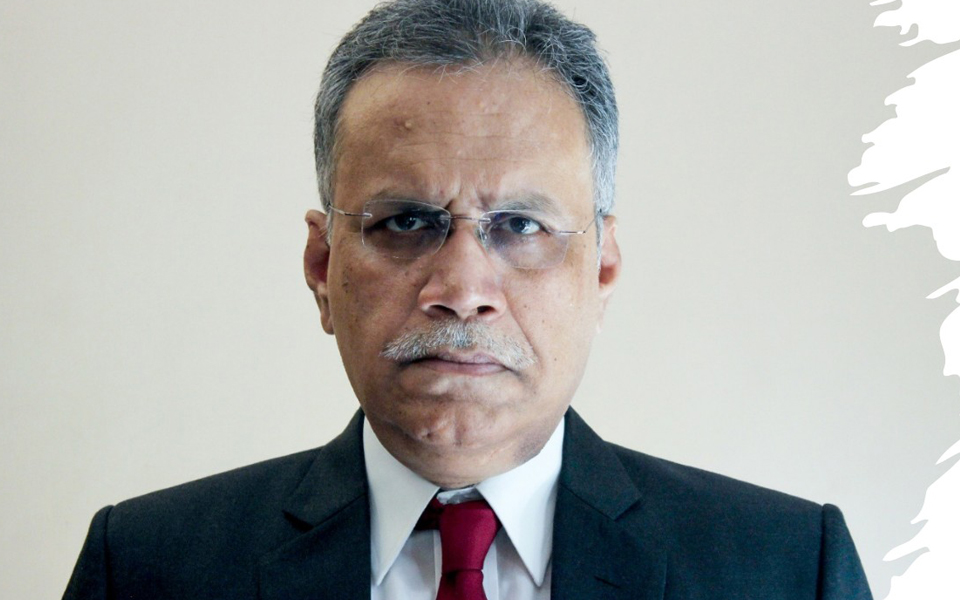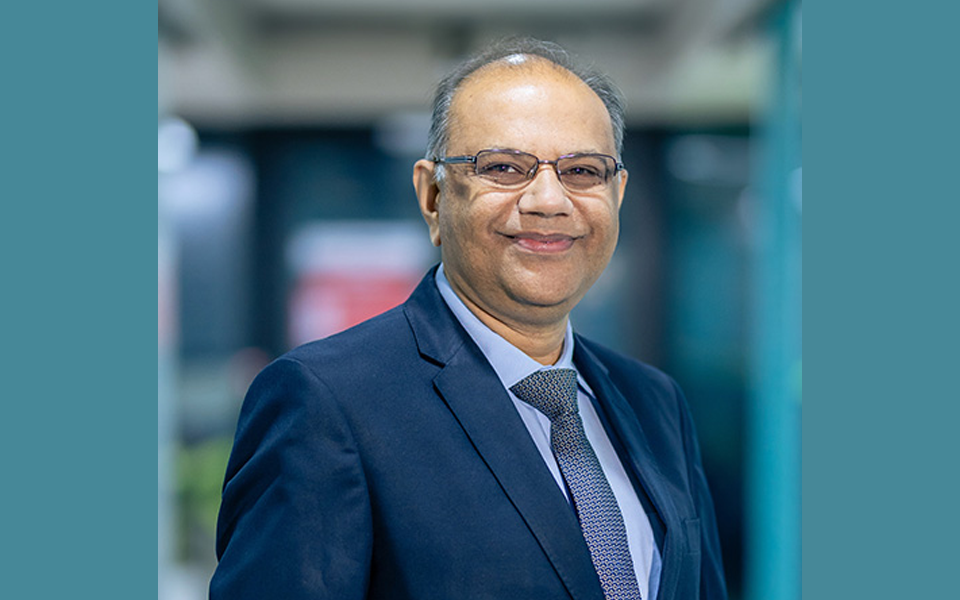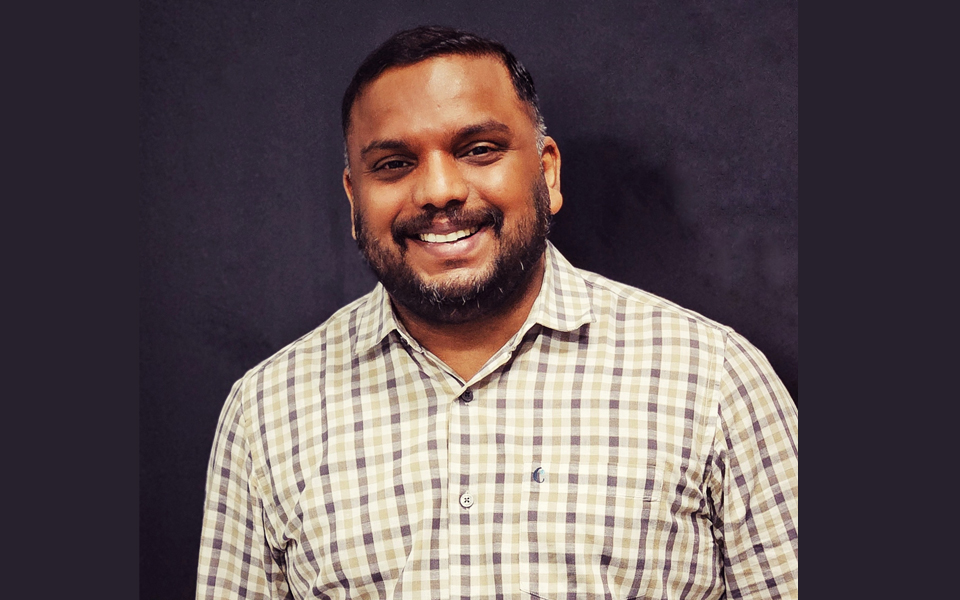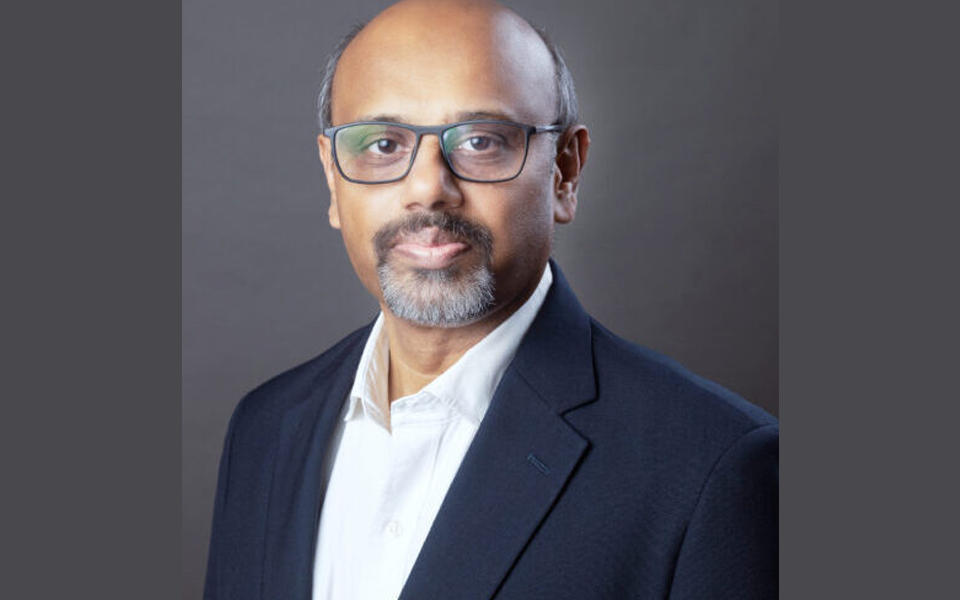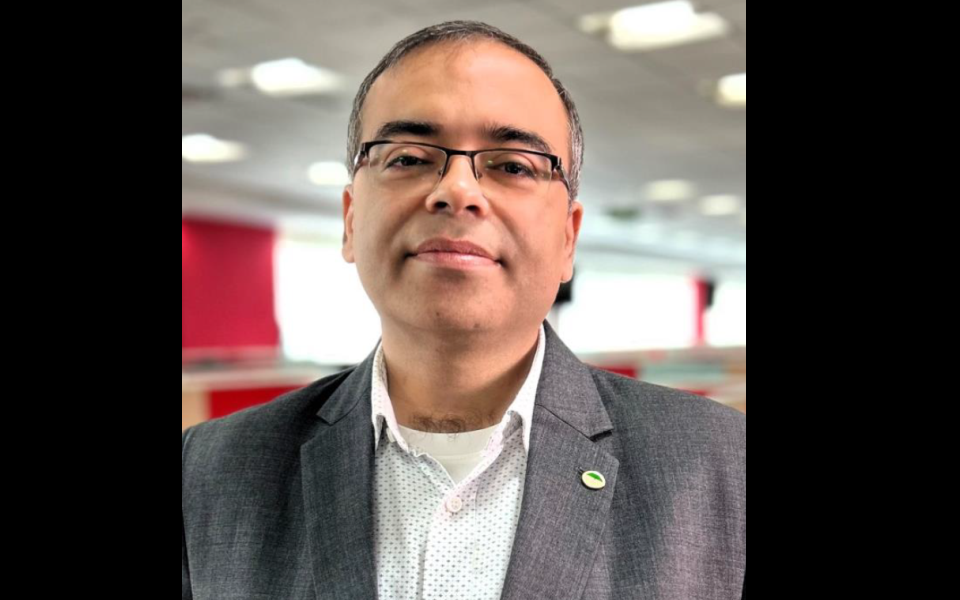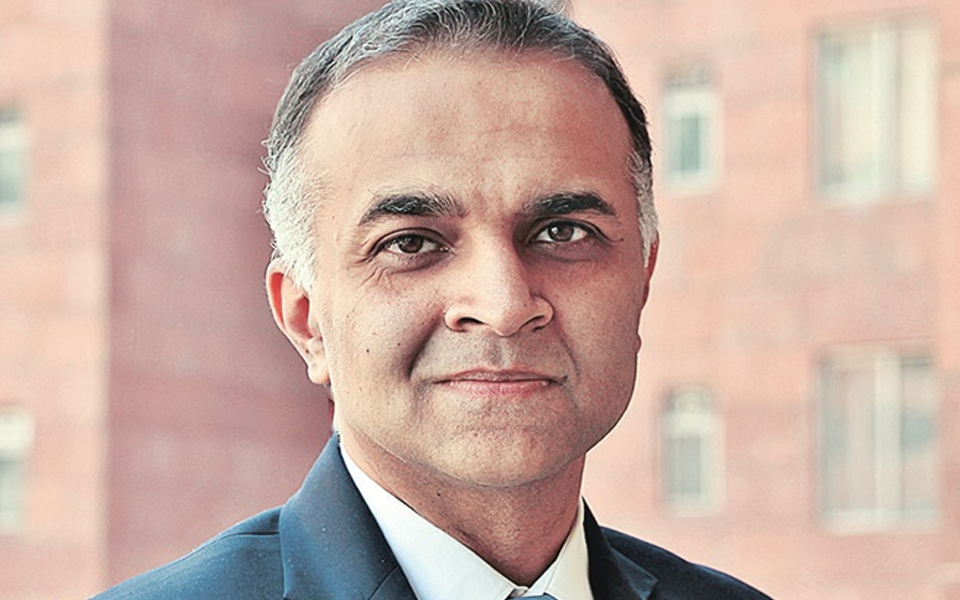
We often hear the phrase, “Chase your dreams” and to be fair, many startup founders live this philosophy and can go to any lengths to make it happen. It was rather refreshing to meet one such individual, the Founder of DronStudy, one who has gone to great lengths himself in making a difference. Read on…
1. Sharing the journey of DronStudy in India – important landmarks etc. And his story weaved alongside.
A brilliant engineer, Neetin passed out from IIT Madras and joined Texas Instruments in Bangalore in the year 2006. Notwithstanding a well-paying and secured job, and yet, something kept gnawing at his heart constantly. He hails from an entrepreneurial family so it was only a matter of time that the bug bit him too. There wasn’t anything wrong with the job per se, a satisfying one at that, but deep within he knew that he wasn’t impacting society in any way. There are numerous ways one can be impactful so the next question was about zeroing in on a particular field.
This was the year 2009 and the startup mania had still not caught on even in Bangalore. After much thought it was decided that his chosen field would be the education sector, an area which was grossly under-served. As he discussed the plans with some chosen people, it was advised that before plunging into it headlong it would be wiser to secure his moorings as an insider. At that time he had only a limited view of the education sector in India, as one would expect of “outsiders.”
He quit the job and decided to move to Kota and join Bansal Classes as a Physics teacher. Life was anything but easy. In the next 4 – 5 years, he would spend working in different institutes as a senior faculty and gain a first-hand experience about how the student’s mind functions – the ways in which they learn. He said that it was an eye-opener for him to teach Calculus to students in 20 days, a subject which was developed by Issac Newton over a period of 2 years.
He kept pondering on a certain idea, that of making the weaker students learn a subject (any) to create a sustainable model which could then be scaled up. DronStudy was conceptualized in 2013 based on the philosophy of blending education and technology to deliver quality education to the masses.
Neetin had a rather interesting observation to share. In India, especially in the lower- middle income groups, a certain desperation persists when it comes to children’s education. More so, when the options are few. Families have been known to sell off properties in trying to fund for education. Though education is in great demand, there is a dearth in the quality of teachers. Harsh as it may sound, but an overriding general perception is that it is only the “unsuccessful” lot which chooses teaching as a profession. Or, has it thrust upon them.
The good – great teachers are few and far between, and moreover, not easily affordable or accessible by the masses. So, DronStudy struck upon the problem statement that required to be addressed. They tried various models and a few of them didn’t do well either. For instance, On-line Tutoring did not find much traction in small cities and had an adverse impact on unit economics.
After much experimentation, the present model was arrived at. They started to collaborate with teachers across the country and have an in-house team create video lectures which finally reached the enrolled students at an affordable cost. For teachers, it was a win-win situation as they were able to increase their outreach manifold. But it wasn’t as straightforward as it may seem to be. This is because, a certain methodology may be most effective in an offline mode of delivery but may not get the desired results online, and will have to be re-designed accordingly.
2. Emergence of MOOCs in India and the road ahead.
Though MOOCs is fairly new in India, it seems to be catching on quite rapidly. Neetin doesn’t believe that MOOCs will completely replace offline mode of education. He believes that both will co-exist and find resonance with their respective clientele.
The quality of online teaching has to be perceptibly higher in the absence of “force-feeding of information”, as it is in offline mode. It should be able to induce students to learn of their own free will, even those who may not be very excited about learning new subjects / skills. Bandwidth and connectivity are twin challenges that the nation faces, so these online modules have to work even when they are not connected to the internet. From a student’s standpoint it is mission critical.
3. His insights on the talent that is available in India. A comment or two about his own organizational culture, highlighting the processes and policies which drive it.
He is most upbeat about the talent that is available in India. However, the talent which comes straight out of the colleges (especially the Tier 3 & 4) leaves a lot to be desired. In these institutions even the teachers are not motivated or equipped to deliver quality education which ultimately has a telling effect on the quality of students. This gives out a very wrong signal and it needs to be addressed immediately. Organisations have to invest an additional 6 mths – 1 year in training them to bring them up to speed. Then there’s the other lot from the better colleges which are highly motivated, driven and comparable to the very best. It’s definitely a mix, but the former category seems to be disproportionate at this point in time.
The culture at DronStudy: Freedom to explore new ideas, techniques and there’s always an attempt to create leaders. Those at the top are willing to provide guidance wherever required.
4. Impact of digital technology on business. A specific instance or two where the impact has been significant.
He narrated an incredible story of a child who lived in a very remote village with a population barely touching 1000. Even the nearest railway station was 20 km away or thereabouts. As fate would have it, BSNL connectivity enabled him to access the internet and download DronStudy modules. The inputs proved to be sufficient and helped him eventually crack the International Olympiad which resulted in a special invitation to visit NASA. A seemingly impossible feat made possible because of technology. “Literally gave wings to the boy’s dreams, says Nitin poignantly, “God has spread out talent everywhere”, he added.
The other example was that of girls in Bihar who felt unsafe about going out for tuitions etc. Online DronStudy materials were able to bridge the gap and deliver quality education right at their doorstep.
They have a strong base in semi-urban and rural areas because of lack of proper infrastructure, so on-line modules are popular. Deep penetration has been made possible in such areas to address the gaps. In large metros like Mumbai, travel time is a huge deterrent to the offline mode of delivery. Students there, have used the online medium quite effectively. So there are different reasons why online education is gaining widespread popularity. Moreover, in this medium the student can play the videos repeatedly without inhibition. In an offline mode, it may not always be feasible to have the teacher repeat a particular concept time and again.
5. From an Indian market opportunity which are the top new-age technologies that are likely to achieve scale and why?
The blend of education and technology will work well, he says emphatically. The college education in many parts of the country is not upto the mark. This also provides an opportunity for startups to tap these colleges and come up with viable solutions which are able to address these obvious gaps. An area where DronStudy is also interested in.
6. Job losses because of technology – what are some of the things that we ought to do now so that at grass-root level (schools / colleges) the spirit of innovation, curiosity and experimentation is inculcated.
The country is changing at a rapid pace but the same cannot be said about the state of education. Educational institutions lack the drive because they know that despite everything, they will still be attracting student enrollment. The fact that corporate houses run skill development programmes for freshmen is in itself a proof that educational institutions are not preparing students with the relevant skills. A strong government intervention is required to motivate colleges to change and stay relevant.
7. A specific bet which never paid off and the learning that came about afterwards.
Over the years they have tried different models but the one that did not bring in desired results was Online Tutoring, said Neetin quite candidly. A lot of man hours were invested but finally the value proposition wasn’t compelling enough. At that time the organization was very young too, and perhaps in hindsight, things could have been better planned. Especially working out the unit economics bit.
8. Leadership Mantra?
Become a leader in a chosen market and impact lives meaningfully while constantly striving to innovate and adding value.
And, internal to the company: Create leaders who can run the organization. This can be made possible if one is able to give up the temptation of micromanaging people and giving them adequate freedom to perform – even during adversity.
9. A vision for Sector Skill Council NASSCOM Forum – changes which will bring out the WOW experience.
Colleges are supposed to prepare students and make them job-ready. But that’s not happening which signifies a failure on the existing structure. A big chunk of an individual’s life is getting wasted in process – can NASSCOM do something to address this gap?
Want to read the other interviews in the series? See them with









